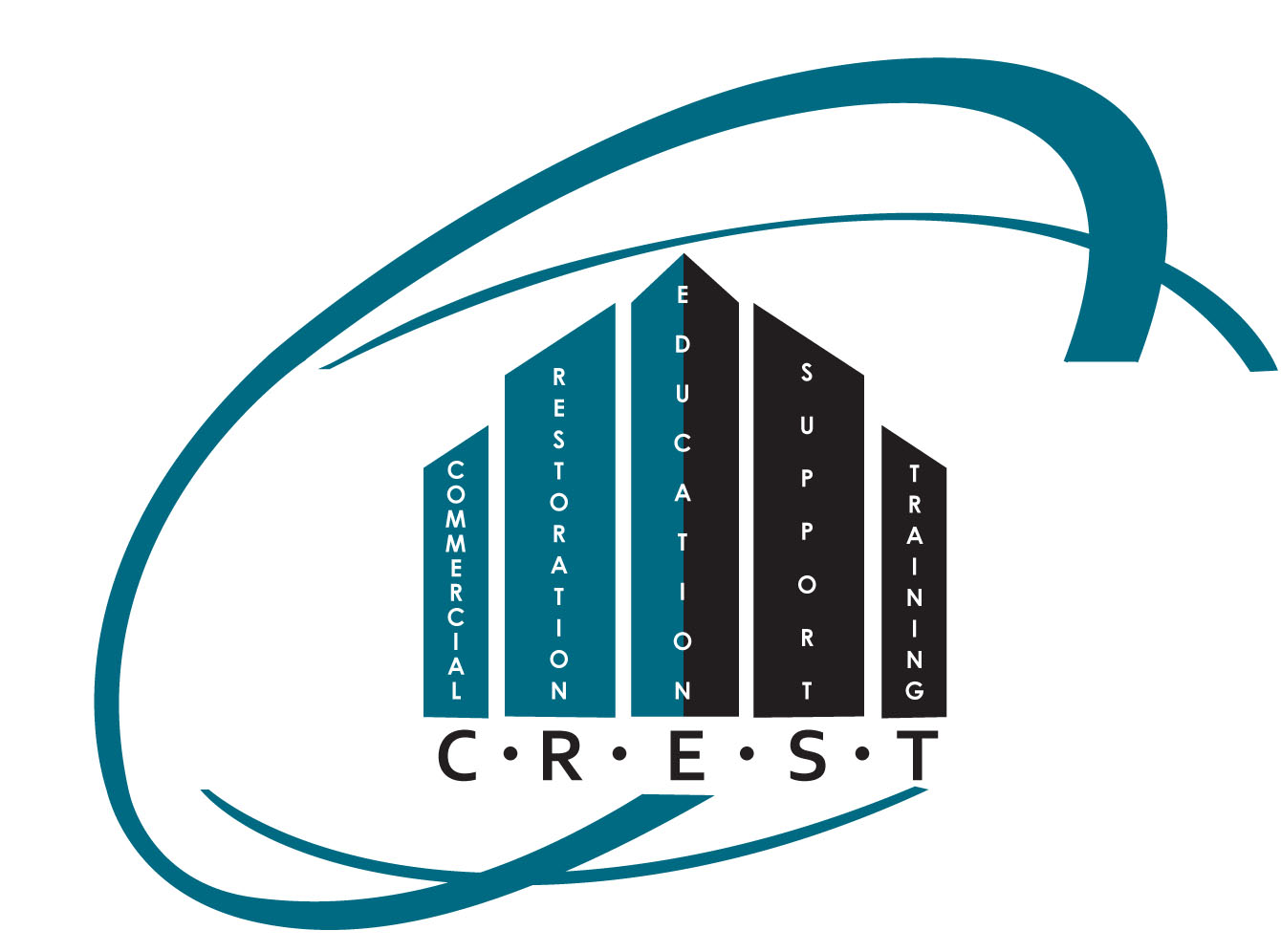Navigating and Planning for Success in an Ever-changing World

In today’s rapidly evolving business landscape, the importance of a well-defined strategic plan is critical. And yes, our world, especially at the small business level has changed drastically since about 2015. Even if you’re just a small company only generating $1 or $2 million each year you need a “roadmap.”
Here are some of the critical reasons why a strategic plan is essential for businesses aiming not just to survive, but to thrive in this ever-changing setting that affects our businesses today.
Simply put: A strategic plan is a complete document that outlines a company’s long-term goals and the actions necessary to achieve them. It serves as a blueprint for decision-making, resource allocation, and performance measurement. Obviously, the specifics of a strategic plan vary across industries, and the restoration industry is no exception. Its primary purpose remains steady – to provide a clear direction for the company during uncertain and changing times.
There has to be both Vision and Mission Alignment.
A strategic plan needs to verify that every action and decision aligns with the company’s vision and mission. By establishing a clear purpose, employees at all levels gain a sense of direction and purpose, promoting a unified and motivated workforce. This alignment is essential for creating a shared awareness of the organization’s objectives and instilling a sense of agreement among employees.
Every employee must be willing to Adapt and Change even when it’s not their preference.
In today’s actively shifting business environment, change is the only constant. A written strategic plan equips companies with the tools to anticipate and respond to changes proactively. By conducting regular risk assessments, businesses can adjust their strategies to navigate unforeseen challenges and capitalize on evolving prospect and client attitudes, knowing that flexibility is vital in the face of doubt.
Preparing in advance for the optimal Resources.

Resource allocation is a critical aspect of company management. A strategic plan helps businesses enhance the allocation of financial, human, and technological resources. Although the restoration business is difficult to anticipate the right staff and equipment level, putting the strategic plan in writing makes all the difference!
Goal Setting and Measurement are both required to achieve this new goal.
Setting written and clearly defined goals is a major component of strategic planning. It provides a basis for companies to express their objectives in a way that is clear, quantifiable, and attainable. Moreover, a strategic plan establishes key performance indicators (KPIs) to measure progress, allowing for continuous evaluation and adjustment of strategies as needed. Two of my favorite sayings are “if it’s not in writing it doesn’t exist” and “what gets measured – gets done.”
Everyone must be on board and engaged or it won’t work.
Successful companies recognize the importance of engaging their entire staff in the strategic planning process. By involving employees, even customers and suppliers, and other key stakeholders, businesses can gain valuable insights, build relationships, and ensure that the plan reflects a varied range of viewpoints. This collaborative approach fosters a sense of ownership and commitment among everyone involved, improving the probability of successful plan realization. It’s shocking to me that businesses don’t include vendors, clients, and other similar people.
A Competitive Advantage happens when everyone is moving toward the same strategic plan.
A well-crafted strategic plan provides a roadmap for gaining a competitive edge in the market. Through a detailed analysis of competitors, market trends, and client steer preferences, companies can position themselves strategically to differentiate their products or services. This proactive approach enables businesses to stay ahead of the competition and adapt to changes in the ever-changing market landscape.
A strategic plan is not merely a document; it is an active tool that empowers companies and their staff to steer through the complexities of the business environment. By aligning vision and mission, nurturing adaptability, optimizing resources, setting measurable goals, engaging everyone that will be affected, and gaining a competitive advantage, a strategic plan becomes the compass that guides businesses toward sustainable success. In a world where change is constant, embracing strategic planning is not just a choice; it is a strategic imperative for organizations aiming to thrive in the face of uncertainty.

By Dick Wagner, Co-Founder The CREST Network, LLC
Nationally recognized coach, consultant, trainer, and speaker
Creator of the renowned PREP™ pre-disaster program
Owner of AskDickWagner.com BLOG
Copyright© 2023 The CREST Network, LLC
All Rights Reserved
No Part Of This Document May Be Reproduced In Any Form Without Written Permission
